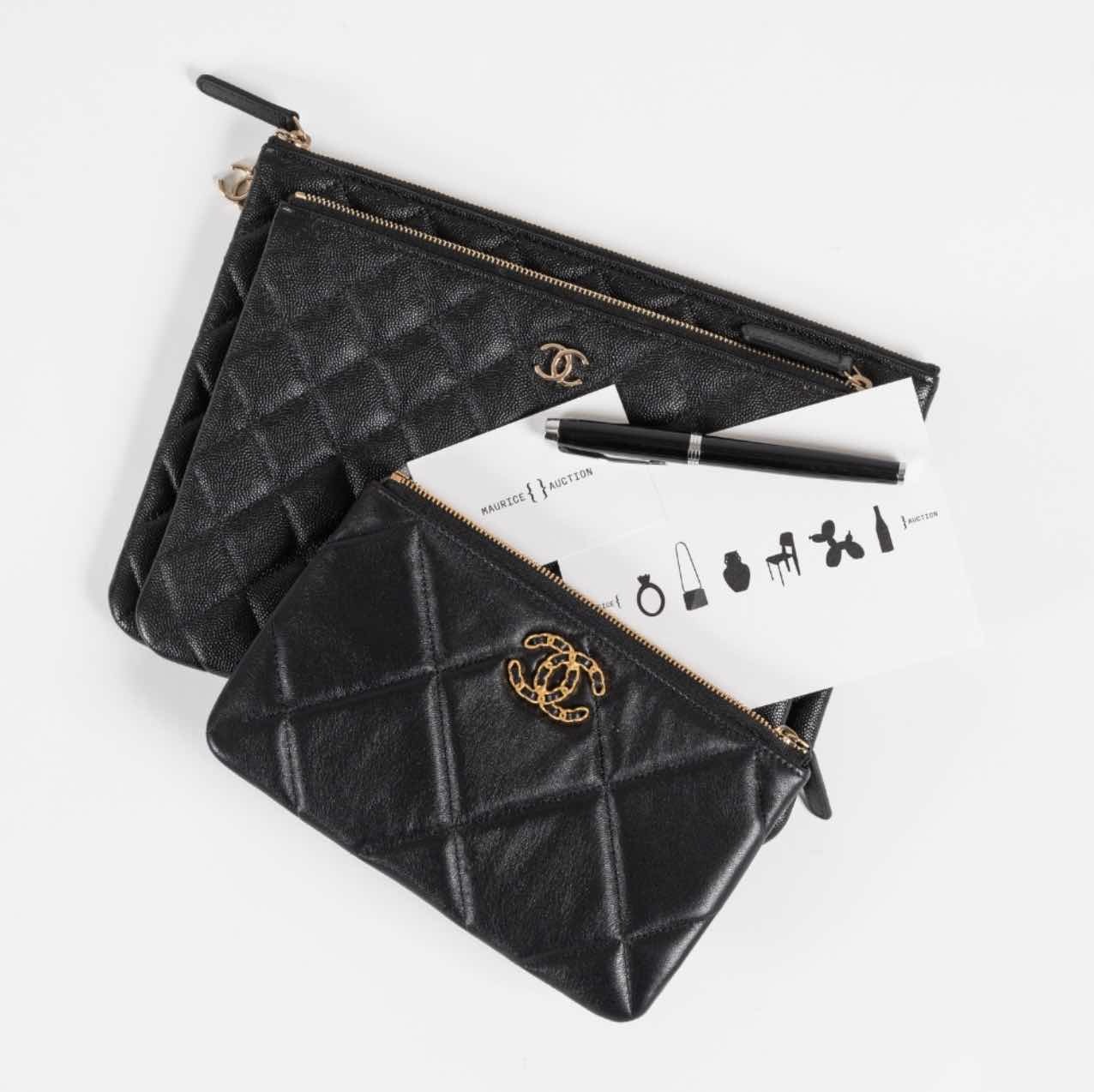Practical Guide
AUCTIONS
An auction is a bidding process where a buyer offers a higher amount than the previous bid during a sale. The highest bidder becomes the buyer of the lot and is called the "adjudicator". Bids can be placed by the bidder in the room, by an absentee bid, over the phone, or online. Auction professionals are not allowed to bid for their own account, directly or indirectly, on lots presented in a sale in which they are involved.
ADJUDICATION
The adjudication closes the auction. At this point, the ownership of the item being sold is transferred to the person who made the highest bid. The auctioneer traditionally accompanies the announcement of the adjudication with a hammer strike, but it is the word "sold" that completes the sale.
RESERVE PRICE
When signing the sales mandate, we agree on an estimated range. A reserve price can be set below or at the lower end of the estimate. This reserve price is confidential and guarantees that the lot will not be sold for less than this amount. We advise you on the setting of this reserve price to ensure that it does not become an obstacle to the sale. If the reserve price set by the seller, below which he or she does not wish to sell the item, if it's not reached, the lot is withdrawn from the sale. We do not set a reserve price for lots below 500 euros in order to maximize the chances of selling items of lower value.
PRIVATE SALE
A private sale is a confidential transaction that does not go through the auction system. No public communication is made about this transaction, ensuring maximum discretion. It is also referred to as a "private treaty sale".
LIVE/ONLINE SALE
There are now different types of sales. They can be "Online Only" or Live. Online Only sales are only digitized, and bids take place solely on the online platform. In contrast, Live sales, which are also streamed online, take place at a specific location at a designated time.
CAPITAL GAINS TAX
The capital gains tax is 6.5% of the adjudication amount and is levied on each item sold for a private individual for a sum greater than 5,001€. There are two exemption cases: - If the item has been owned by the seller for more than 22 years (in this case, it is necessary to complete a form and return it to us with one of the required justifications). - If the seller is of foreign nationality and is not a French tax resident.
MARCUS DECREE
The decree no. 81-255 of 3 March 1981 on the repression of fraud in art transactions and collections known as the "Marcus decree" sets out the formulas to be used to describe works of art in auction catalogs and, consequently, on purchase invoices. In fact, the description of an item followed by the name of an artist or a reference to a historical period, century, or era guarantees to the buyer that the item was produced by the artist or during the reference period (e.g., Cartier, Art Deco period). References that express uncertainty about the attribution of the work, such as "school of...", "after...", "in the style of", give an opinion of the expert but do not provide any guarantee as to that attribution.
DROIT DE SUITE
Droit de suite is a right that allows artists, their heirs, or legatees to receive a fee when an artwork is resold on the secondary market during the artist's lifetime and up to 70 years after their death. Unless otherwise stated, the droit de suite is the responsibility of the seller of the original work. It is payable when the auction price exceeds €750 and is calculated using a decreasing scale of rates (from 4% to 0.25%) in increments. However, the maximum droit de suite is capped at €12,500.


